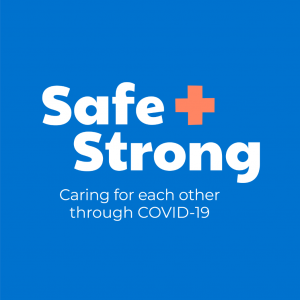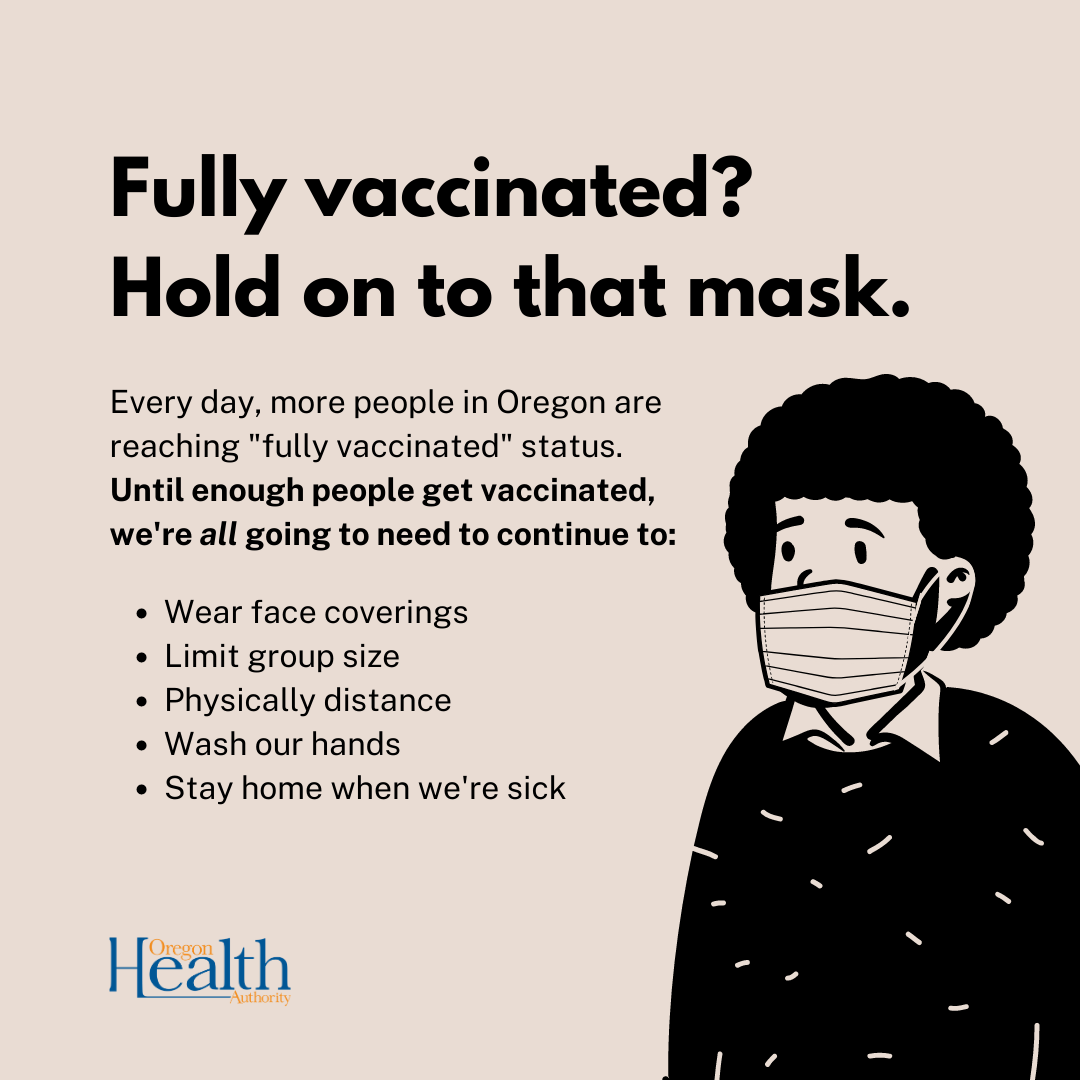Unfortunately, older adults and others who are awaiting vaccine appointments can fall prey to scammers. Though there have not been reports of this sort of scam happening in Oregon, Attorney General Ellen Rosenblum released information to help people avoid being the target of fraud regarding COVID-19 vaccines.
Here are six tips on how to spot a vaccine scam:
- You cannot pay to get early access to the vaccine. If someone calls to offer an appointment for a payment, it is a scam.
- Do not pay to sign up for the COVID-19 vaccine. Anyone who wants money to put you on a list, make an appointment for you, or reserve a spot in line is a scammer.
- Worried about cost? If you are uninsured, on Medicare, an employer plan, private insurance, or the Oregon Health Plan, you do not have to pay to get the vaccine. That is a scam.
- Ignore sales ads for the vaccine. The vaccine is only available through federal or state partners. You cannot buy it anywhere.
- Nobody legitimate will call, text or email about the vaccine and ask for your Social Security number, bank account information or credit card number.
- You are not required to provide a Social Security number when registering for a vaccine appointment.
Please share these tips with your friends and family, and if you know a senior who is not tech-savvy, offer to help them get an appointment for their vaccine — and then, help them find a way to get to the appointment.
If you have information, or think you may have fallen victim, to a fraud or scam contact the Oregon Department of Justice online at www.oregonconsumer.gov, or call the Attorney General’s Consumer Complaint Hotline at 877-877-9392.

Conversations about vaccination aren’t easy
Every day, more Oregonians are becoming eligible for vaccination and finishing their vaccine series. If you’re one of them, you probably already know that until enough people get vaccinated, we’re all going to need to continue to wear face coverings, limit group size, physically distance, wash our hands and stay home when we’re sick — even when fully vaccinated.
So, what do you say to friends and family who are pressing you to take off that mask and loosen up once you’ve gotten your full series (and are 14 days past your last shot)? Here are some things to consider when having these conversations:
- Acknowledge what the COVID-19 vaccine does and doesn’t do. Fully vaccinated individuals will be much less likely to become ill with COVID-19. However, we still don’t know if a fully vaccinated person can carry and transmit COVID-19 to others.
- Explain why following precautions matters. For people at heightened risk, exposure to COVID-19 could potentially be fatal. Out of an abundance of caution and care for others, we all need to wear our masks and physically distance, even if we’re not worried about our own risks.
- Encourage patience. The known and potential benefits from the vaccine outweigh the known and potential harms from getting COVID-19. Once more folks get vaccinated, we can return to some sense of normality. Until then, we’ll need to keep working together.
To learn more about the COVID-19 vaccines and when you might be eligible to receive one, visit our COVID-19 Vaccine webpage.

In case you missed it: Facebook Q&A on coping with grief
On Wednesday, March 3, we held a Live Q&A on coping with grief with OHA senior health advisor Dr. Meg Cary, Dr. Robert Neimeyer with the Portland Institute for Loss and Transition and Dr. Ruth Zúñiga of Pacific University. They spoke about the direct and indirect losses and grief that the pandemic has caused and provided some resources and tips.
You can watch the video here. Timestamps for the questions are below:
 15:11: It’s hard to pretend that all is normal and just go to work. Everyday problems are so much harder to deal with and I am so exhausted. Any tips?
15:11: It’s hard to pretend that all is normal and just go to work. Everyday problems are so much harder to deal with and I am so exhausted. Any tips?
19:35: What about Oregonians who can’t access therapy because we can’t afford it?
21:12: What about those of us grieving because our family members died of other rare diseases, but not COVID? I feel like this fixation on COVID invalidates my right to grieve and people expect me to be resilient and strong because other rare diseases aren’t COVID.
23:34: What about the pandemic’s effects on children who are anxious, depressed and exhausted like most of us adults?
28:42: What about the mental health of owners and workers who are dealing with struggling businesses?
OHA updates methods for counting age and race data in vaccination records
OHA has adjusted how it reports race and ethnicity data on its COVID-19 dashboards for persons entered in the state’s immunization registry, also known as ALERT Immunization Information System (ALERT IIS). The change became effective in late February.
The system previously counted race and ethnicity data for persons who have received a COVID-19 vaccine as non-exclusive categories, where an individual contributed to the counts of all races that were indicated in their ALERT IIS record.
Starting Feb. 25, race and ethnicity data began to be counted in only one racial or ethnic group. This change followed recommendations provided by the Oregon Office of Equity and Inclusion. The race and ethnic categories include: American Indian/Alaskan Native, Asian, Black, Hispanic, Native Hawaiian/Pacific Islander, White, other race and unknown. The category of Hispanic is treated as a racial group.
Individuals may still have multiple indications for race on their ALERT IIS record.
Age category listings for persons also changed on Feb. 25 to reflect the state state’s phased approach in opening up vaccine eligibility to older Oregonians. The dashboards now show older Oregonians in five-year grouping, for ages between 60 and 80 years old.
Starting on Friday March 5th, data on Oregonians who have been vaccinated will include race and ethnicity information at the county level on the COVID-19 dashboards.


